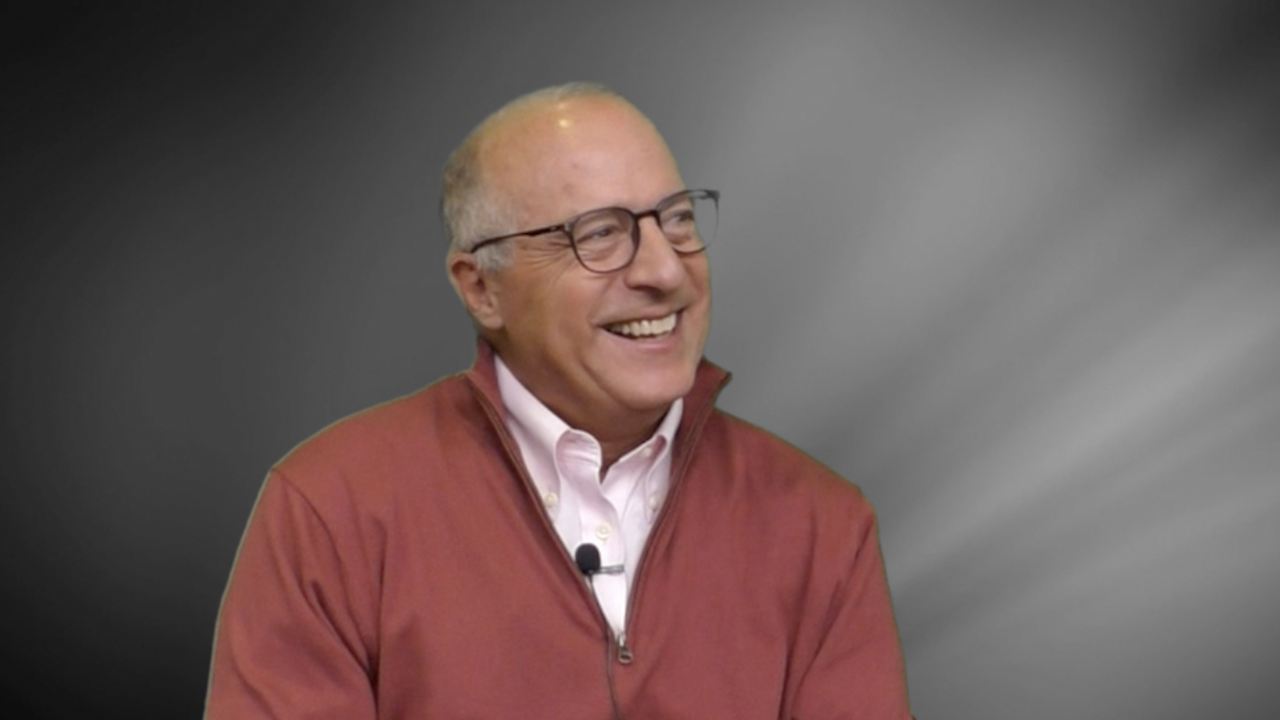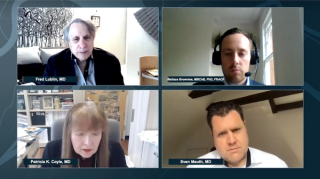
MS and Demyelinating Disorders
Latest News

Latest Videos

CME Content
More News

A late-breaking poster has suggested that the use of disease-modifying therapy is safe in patients with MS over the age of 65, as well as that disability burden and relapse rates may be lower than believed.

The professor of medicine and community health sciences at the University of Manitoba spoke about the effects of comorbidity on diagnosis, outcomes, and treatment in multiple sclerosis.
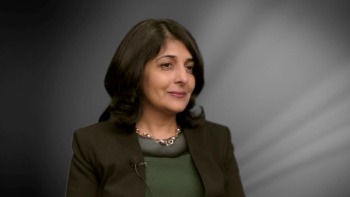
The professor of neurology at Harvard Medical School provided some insight into her experience with treating pediatric patients with MS.

The pediatric critical care medicine attending physician in the Department of Anesthesiology and Critical Care Medicine at the Children’s Hospital of Philadelphia spoke about how physicians can better address brain death in pediatric patients.

The PDUFA date for the novel oral fumarate has been set for the fourth quarter of 2019. If approved, Biogen plans to commercialize the product under the trade name Vumerity.

Natalizumab, Rituximab More Effective for MS Patients Who Switch from Interferon, Glatiramer Acetate
The investigators wrote that these findings are suggestive of a superior effect of natalizumab and rituximab compared with fingolimod in suppressing further disease activity in patients with RRMS who switched from interferon or glatiramer acetate due to breakthrough disease.
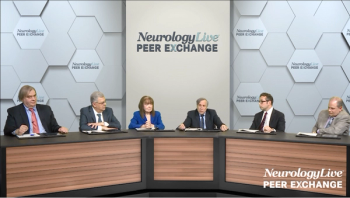
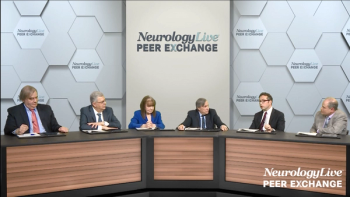
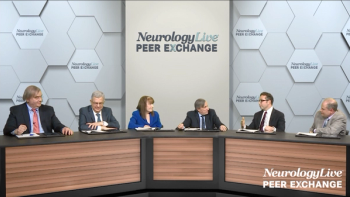

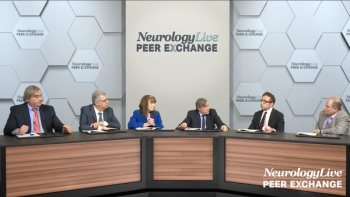
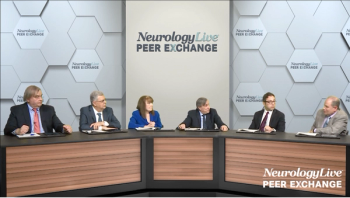
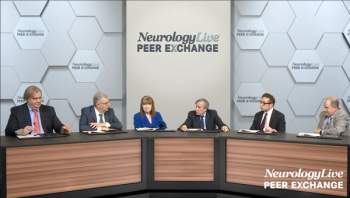
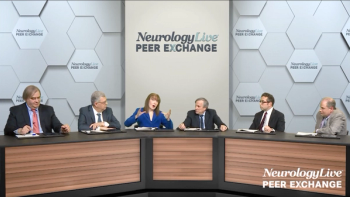







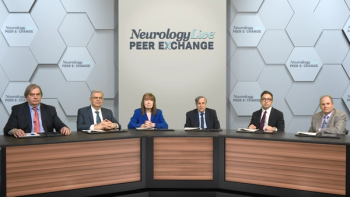

The findings suggested that a patient’s likelihood of taking medications systematically decreased as the probability of potential AEs occurring increased or the efficacy of treatment decreased.

Neurology News Network for the week of February 23, 2019.

In a cohort study of 592 patients with MS, the findings were suggestive that real-world escalation approaches may be inadequate to prevent unfavorable long-term outcomes.

